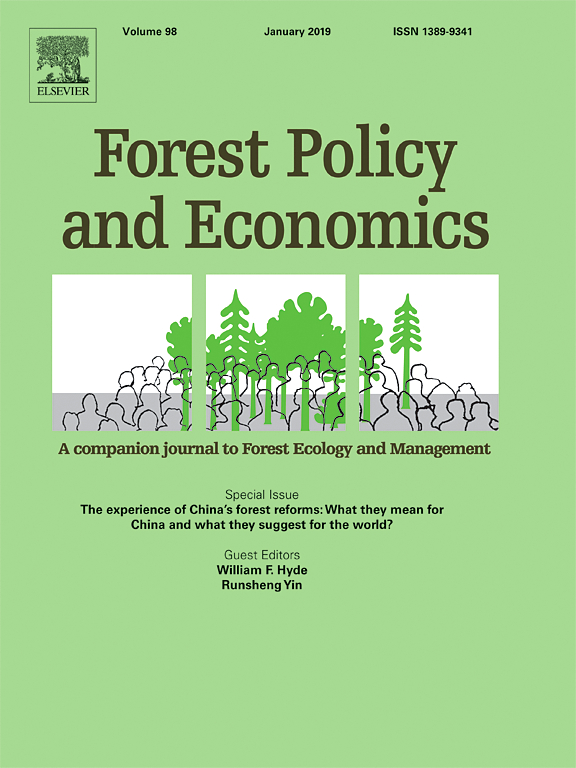Over more than 400 years, large areas of tropical forest in Brazil, the Caribbean, the Philippines, Australia, and other parts of the world were cleared to make way for sugarcane plantations. There is a general consensus in the scientific community that since the 1950s, the frontier expansion of sugarcane has stabilized and direct pressure on tropical forests from sugarcane expansion has diminished. Here, we show, however, that sugarcane plantations are on the cusp of returning as a major driver of deforestation in Indonesia. The Indonesian government has developed preferential policies designed to boost sugar production in the name of national food security, and is seeking to convert more than 1 million hectares of tropical forest into sugarcane plantations. If fully developed, the plantation expansion program will undermine Indonesia's goal of reducing greenhouse gas emissions. The scale of the expansion program is such that it will radically alter the global environmental impact of sugarcane.
Download:
DOI:
https://doi.org/10.1111/conl.12172
Pontuação Altmetric:
Dimensões Contagem de citações:



















